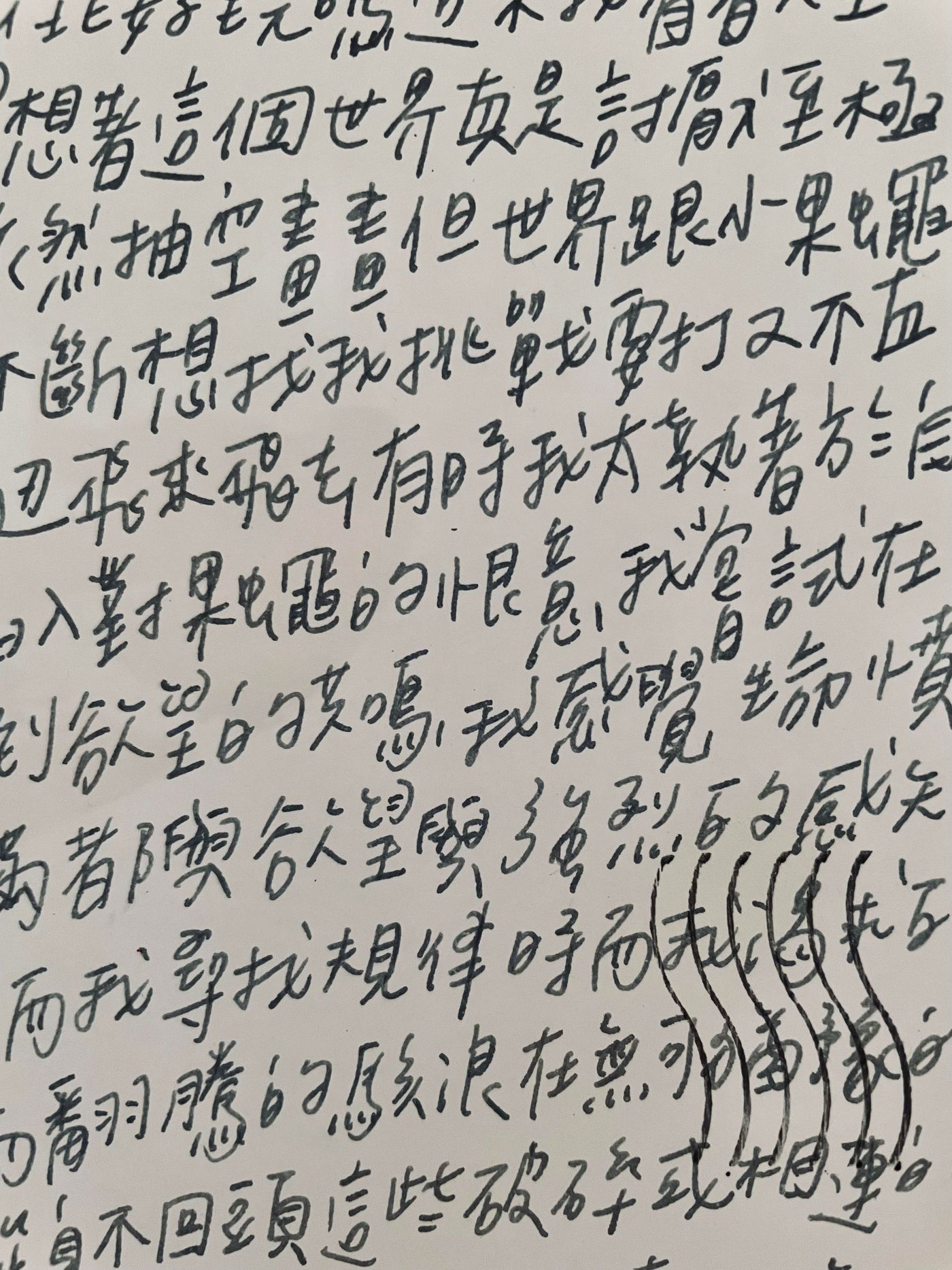Fire & Motion 27
Fleeting Quote
We often feel like our first time must be good — that it is a defining event. But it is not. It is simply the pathway to the second time, which will be better than the first. / The idea is to die young as late as possible.
Reading
📕大債危機
中央銀行通常會錯誤地對債務過於通融,因為它們多半只聚焦在商品與勞務通貨膨脹(以 CPI 衡量)和 / 或經濟成長,不那麼重視債務成長(此時的債務成長其實正是央行寬鬆貨幣下的傑作),也不那麼在乎那些債務是否能創造可用來償債的收入。問題是,如果中央銀行想要防範呆帳危機發生,就必須關注債務能創造多少可用來償債的收入。
為支應消費所需而高成長的債務,本身就是一個警訊,因為消費無法創造任何收入,唯有投資才能創造收入。
如果你手上的一筆通貨遠期交易的結算日期將到來,你的交易對手卻突然不存在了,會發生什麼事?或許一切都不會有問題,但或許你會因某些意想不到的情況而遭到莫名的懲罰。如果你還來不及向你的交易商之一收取市價計值利益,他們就已倒閉,導致你成了一般債權人,那該怎麼辦?你要把這個風險轉嫁給誰?
非常有趣,且有一定機率會發生。這使我想到 FTX,如果我賭 FTX 有天會蒸發並賭對了,那我有機會拿回我的獎賞嗎?FTX 的垮台帶走了很大部分的加密貨幣產業,整個系統已經大幅縮水,沒有任何一方能償付贏家的獎勵。
通貨再膨脹不盡然會引發通貨膨脹,因為通貨再膨脹可能只會使通貨不再緊縮,這取決於通貨再膨脹的政策力度以及資金的實際流向。[...] 因為通貨膨脹是很多商品價格的平均值,而這些商品的價格可能漲跌互見。舉例來說,當經濟蕭條且處於通貨再膨脹期間,勞動成本和用於生產的資產(例如房地產與設備等)幾乎不會有通貨膨脹的問題,但受惠於貨幣 / 通貨價值降低的資產,就會有通貨膨脹的問題(例如透過國際貿易的原物料商品及黃金等)。
不懂得黑暗的人,是無法擁有光明的。
順帶一提,澤庵這和尚真是位有趣的角色 (笑
The most fantastic parking-lot attendant in the world, he can back a car forty miles an hour into a tight squeeze and stop at the wall, jump out, race among fenders, leap into another car, circle it fifty miles an hour in a narrow space, back swiftly into tight spot, bump, snap the car with the emergency so that you see it bounce as he flies out; then clear to the ticket shack, sprinting like a track star, hand a ticket, leap into a newly arrived car before the owner's half out, leap literally under him as he steps out, start the car with the door flapping, and roar off to the next available spot, arc, pop in, brake out, run; working like that without pause eight hours a night, evening rush hours and after-theatre rush hours, in greasy wino pants with a frayed fur-lined jacket and beat shoes that flap.
Not even halfway through the novel yet, but I was fascinated by the vivid depiction from time to time.
📄Interview: Kevin Kelly, editor, author, and futurist
I like an old Irish custom where you give others a present on your birthday.
and that's what I'm going to do in September: giving present to those come to my birthday gathering.
[...] there is another equally valid and common use of the word “growth" to mean develop, as in to mature, to ripen, to evolve. We talk about growing up, or our own personal growth. This kind of growth is not about added pounds, but about betterment. It is what we might call evolutionary or developmental, or type 2 growth. It’s about using the same ingredients in better ways.
Part of our growth as a civilization is moving from a system that favors more barrels of wine, to one that favors the same barrels of better wine. Quality over quantity.
The thing to remember when evaluating new technologies is we have to always ask “compared to what?.”
Social media can transmit false information at great range at great speed. But compared to what? Social media's influence on elections from transmitting false information was far less than the influence of the existing medias of cable news and talk radio, where false information was rampant (猖獗的).
What we are discovering is that many of the cognitive tasks we have been doing as humans are dumber than they seem. Playing chess was more mechanical than we thought. Playing the game Go is more mechanical than we thought. Painting a picture and being creative was more mechanical than we thought. And even writing a paragraph with words turns out to be more mechanical than we thought. So far, out of the perhaps dozens of cognitive modes operating in our minds, we have managed to synthesize two of them: perception and pattern matching. Everything we’ve seen so far in AI is because we can produce those two modes. We have not made any real progress in synthesizing symbolic logic and deductive reasoning and other modes of thinking. It is those “others” that are so important because as we inch along, we are slowly realizing we still have NO IDEA how our own intelligences really work, or even what intelligence is. A major by-product of AI is that it will tell us more about our minds than centuries of psychology and neuroscience have.
To identify what an AI is, is to identify what human means. Rules are easy to implement into the machine. It simply means more codes. But human still don't have consensus on those complicated stuff: whether it's injustice or whether it's evil.
My generic career advice for young people is that, if at all possible, you should aim to work on something that no one has a word for. Spend your energies where we don’t have a name for what you are doing, where it takes a while to explain to your mother what it is you do. When you are ahead of language, that means you are in a spot where it is more likely you are working on things that only you can do. It also means you won’t have much competition.
Your 20s are the perfect time to do a few things that are unusual, weird, bold, risky, unexplainable, crazy, unprofitable, and looks nothing like “success.” The less this time looks like success, the better it will be as a foundation. For the rest of your life these orthogonal experiences will serve as your muse and touchstone, upon which you can build an uncommon life.
Probably the best advice I ever read from an article. Partly because it is in line with my long-term values that being orthogonal from current surrounding will most broaden one's horizon, and it also helps avoid trapping in herd.

We’ve learned to make “machines that can mindlessly generate text,” Bender told me when we met this winter. “But we haven’t learned how to stop imagining the mind behind it.”
Outside Interest!
🎶Selina Moon: Tiny Desk Concert
🔗里斯本收音筆記
喜欢我的作品吗?别忘了给予支持与赞赏,让我知道在创作的路上有你陪伴,一起延续这份热忱!

- 来自作者
- 相关推荐